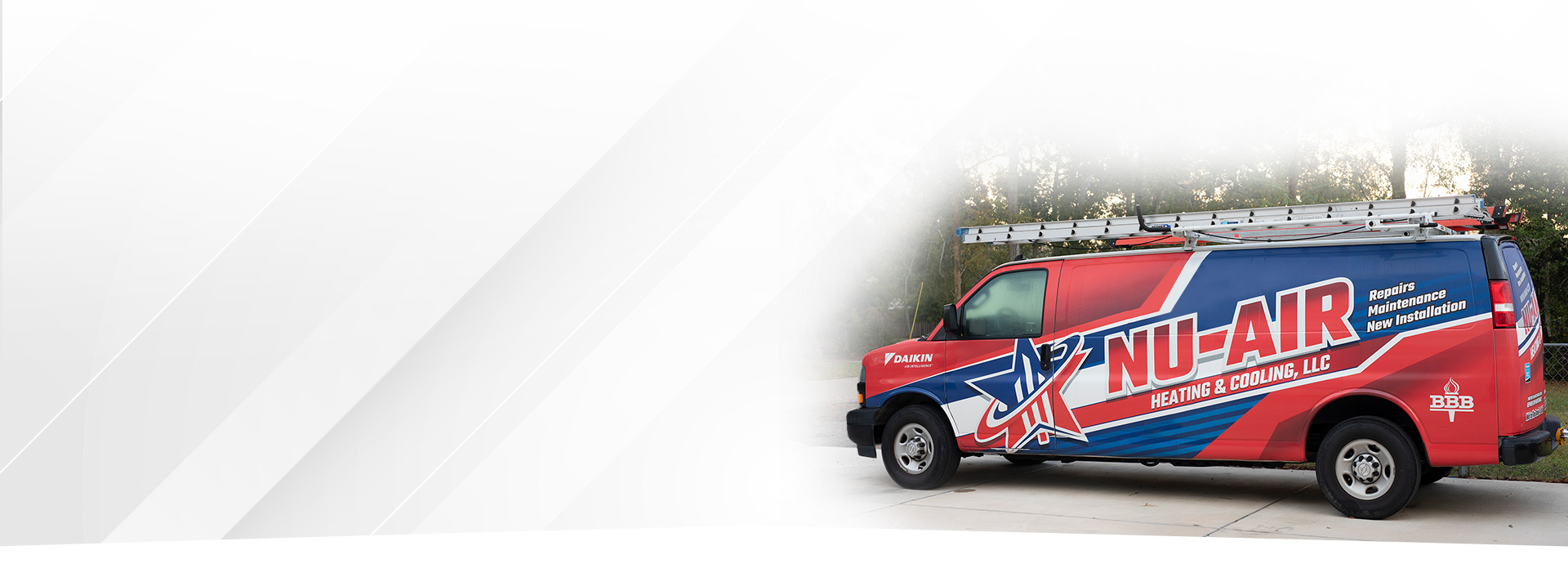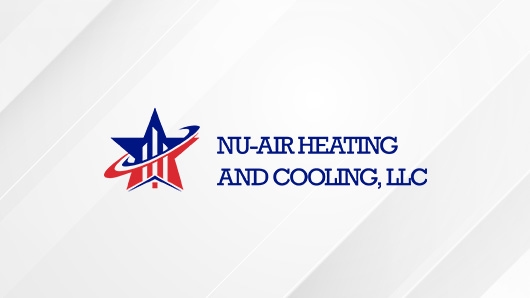As we head into July, we’re headed directly towards the peak of the dreaded annual hurricane season. From now until the early days of October, the heat from the summer and the warm water from the southern Atlantic Ocean combine to create potential super-storms with immense destructive capabilities. While last year’s hurricane season was a fairly mellow one, this year’s season could potentially bring multiple destructive storms to our shores, resulting in a serious emergency in which everything from basic services like electricity and healthcare could become overloaded or severely crippled because of the destruction.
That means it’s in your best interest to start preparing. Having an emergency plan in place should a storm threaten to make landfall is critical because you want to make sure you’re ready for whatever may happen. Whether you need to shelter in place to try and ride out the storm or you need to evacuate to head for a safer area, it’s important to make sure your plan has a contingency for any situation. If you don’t have a plan in place, our Mandeville HVAC team has a few valuable tips you can follow, and we’ll discuss them in this blog.
Know What You’re Taking with You
It’s impossible to load up everything in your home in an emergency—you may only have a few short hours to prepare, so you’ll need to grab only the most basic of essentials if you plan on evacuating. Bring at least a few days’ worth of food and water to keep with you, emergency flash lights, a first-aid kit, spare batteries, cell phone chargers, changes of clothes, supplies you may need for your family pets (do not leave them behind to ride out the storm in a potentially dangerous home), and any irreplaceable personal belongings which can be easily packed. Likewise, bring copies of your most important documents, including your homeowners’ insurance policy. Having these things available to you allows you to get started on any claims quickly, and to verify anything you may need to.
Have a Supply of Non-Perishable Food & Water
Whether you’re sheltering in place and bracing yourself to ride out the storm, or you’re evacuating and going somewhere safe, you’ll need food and water. And we’ve all seen the images on the news of grocery stores in the hours leading up to hurricanes: shelves picked clean of food and water with people scrambling to grab anything they can.
There’s a unique feature about water bottles: they don’t really go bad. In fact, you can keep a flat of water in your garage for months or even years and it’ll be just as good as the day it came off the shelf, so long as the bottles remain sealed. It doesn’t hurt to buy a couple of flats of bottles to keep for emergency purposes, even if a storm isn’t rumored to be on the way. Likewise, having several different types of non-perishable food items is also important. Get things that are highly-preserved or have long shelf lives, as you’ll likely forget to replace these items over time, and you want to greatly minimize the chances that they’ve spoiled.
Make Sure Someone Knows Where You’re Going
Planning on evacuating? Make sure someone knows where you’re headed to. It’s not uncommon for communications to go down as a result of storms, and that means people who may be reaching out to find you won’t know where you’re at. Tell a neighbor or close friend of your plans and make sure they can account for you if someone happens to go looking. The last thing you want is for yourself and your entire family to show up on missing persons reports.
Service Your Backup Generator
A standby generator can help you keep some of your most important appliances and devices running in the event of a power outage, and power outages are extremely common during hurricanes and the initial recovery stages. Standby generators run on a constant supply of natural gas, which make them ready to help you at a moment’s notice, and they turn on automatically the moment your power goes out. While they aren’t large enough to power your entire home, they can keep your refrigerator running, important lights on, and even keep your internet connection going if that hardware hasn’t become damaged. Don’t expect air conditioning, but having just these simple necessities in the aftermath of a storm can be lifesaving.
Backup generators require annual maintenance to ensure they’re running as intended. Schedule your maintenance service with the Mandeville HVAC team from Nu-Air Heating and Cooling! Give us a call at (985) 288-2445 today.

